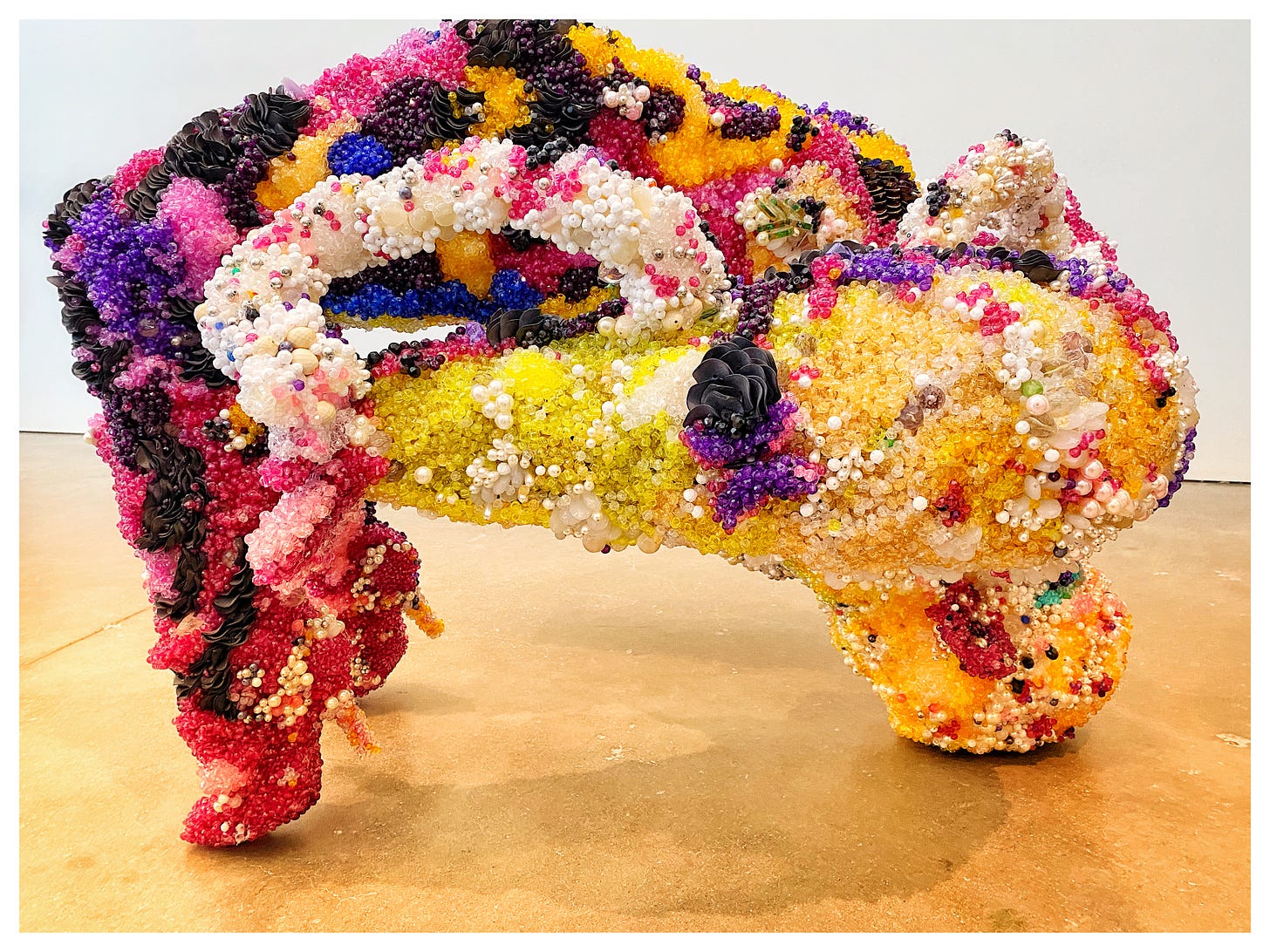This week I’m dancing (as often these days) between the glories of spring and a multiplicity of challenges – global and personal. I don’t know about you, but May day has dawned warm and glorious as I dial between delight and despair, warmth and love and painful returns, allergy season and graduati…
Keep reading with a 7-day free trial
Subscribe to Elderberries to keep reading this post and get 7 days of free access to the full post archives.



